The Government has extended its emergency funding for Transport for London (TfL) until February 4.
It comes as the Mayor of London, Sadiq Khan, has published a consultation document on budget proposals for the Greater London Authority (GLA) Group.
The Mayor has also set out a range of proposals that aim to help support TfL’s financial sustainability.
He is planning to increase council tax by £20 this year alongside a £10 increase to the policing precept and a £1.93 a year increase in his precept to support the London Fire Brigade.
Khan said: “As a condition of the emergency short-term funding TfL needs to avoid collapse, the Government is forcing us to raise additional revenue in London through measures, like council tax, that will unfairly punish Londoners for the way the pandemic has hit our transport network.
“Despite these measures, only a long-term funding deal with the Government, including additional capital funding, will be enough to avoid significant and damaging cuts to tube and bus services.
“The Government needs to realise that a properly-funded transport network in London is an issue of great national importance.
“TfL has a critical role to play in driving the economic recovery in both the capital and the rest of the country.
“London’s net contribution to the Treasury was £36 billion in the year before the pandemic, and TfL contracts contribute around £7bn to the UK economy while supporting 43,000 jobs around the country.”
The Government had asked the Mayor of London to clarify how TfL would raise additional revenue before releasing emergency funds before Christmas.
Ministers had agreed a £1.08bn funding package to help TfL recover from the coronavirus pandemic in June.
The bailout, which provided financial support for the hard-hit transport authority until December 11, followed two emergency support packages agreed in April and October 2020, and took Government support to TfL since March 2020 to more than £4bn.
As part of that settlement, the Mayor of London agreed to: deliver £300 million of savings or new income sources in 2021 to 2022; identify new or increased sources of revenue for TfL of between £500m to £1bn each year from 2023; and prepare a plan to accelerate TfL’s existing modernisation programme of £730m by April 2023.
Furthermore, it wanted TfL to review its “generous” pension scheme; prepare a revised medium-term capital investment programme; set aside at least £100m to continue the delivery of healthy streets and active travel programmes; and carry out a joint review with Government of demand on London’s transport network to ensure service levels are appropriate.
A consultation document that sets out the Mayor’s proposals is available at: www.london.gov.uk/budget. The deadline for formal responses is January 18.
The GLA Group Consultation Budget covers the Mayor’s Office for Policing And Crime (Metropolitan Police), TfL, the London Fire Brigade, the London Legacy Development Corporation (Queen Elizabeth Olympic Park), the Old Oak and Park Royal Development Corporation, and the core Greater London Authority, including the London Assembly.
The proposed total gross budget for the GLA Group for 2022-23 is £19.1bn. This comprises a revenue budget of £15bn and a draft capital spending plan of £4.1bn.
The consultation document, which outlines the Mayor’s proposals, will be circulated to all 32 London Borough Councils, the City of London Corporation, key business representative bodies and other key stakeholders representing London’s wide range of interests.

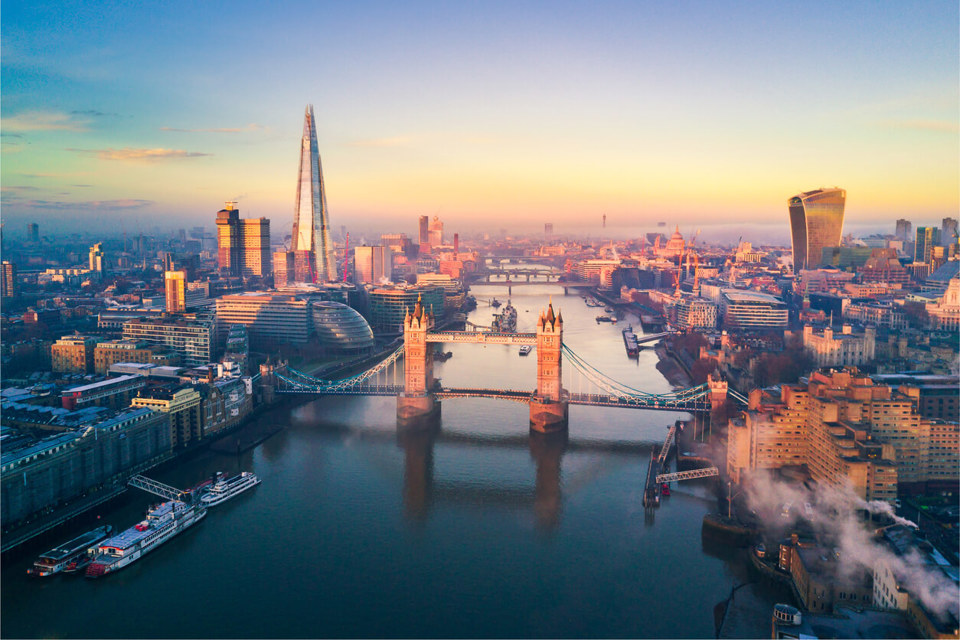




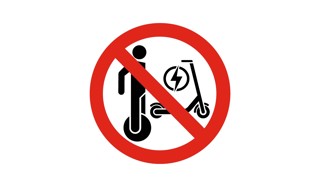
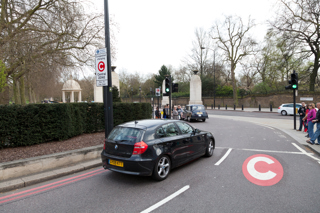
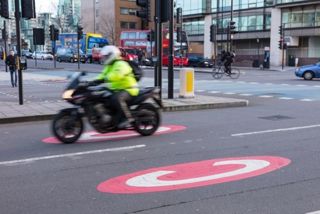
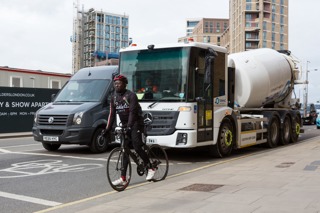














Login to comment
Comments
No comments have been made yet.